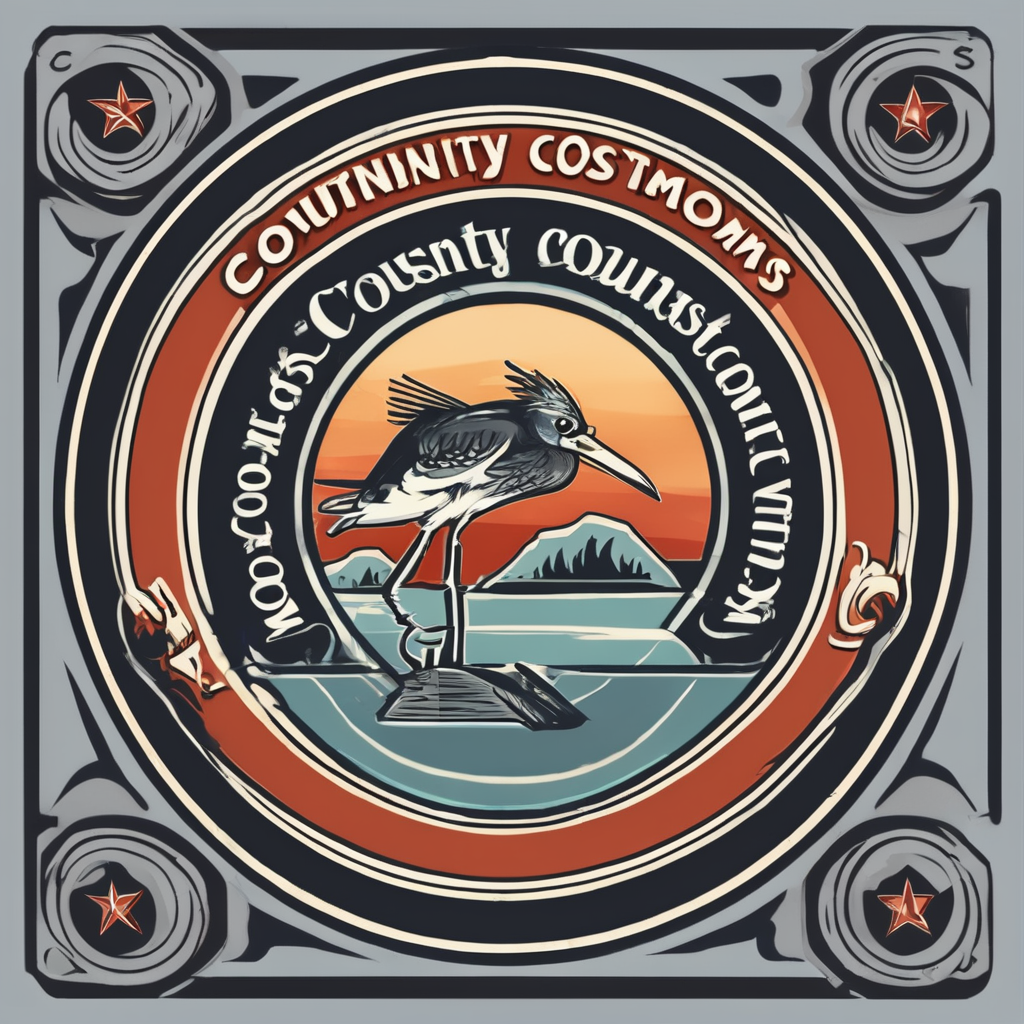Strategies for Increasing Tourism to Emerging UK Destinations
Boosting UK tourism growth in emerging destinations demands focused and practical tourism strategies tailored to smaller, lesser-known areas. To successfully attract tourists, destinations must prioritize actionable marketing tactics that highlight their unique charms. One effective approach is to develop campaigns centered on authentic local experiences, which many modern travelers seek. Emphasizing cultural events, food, and history creates a distinct identity that can set an emerging destination apart.
Infrastructure improvements are equally crucial to support increased visitor numbers. This includes enhancing transport links, accommodation options, and visitor facilities—groups of tourists expect convenience and comfort on par with established hotspots. Without such support, negative visitor experiences can impede growth.
In the same genre : How Can Tourists Enhance Their Visit to the UK Through Unique Experiences?
To sum up, emerging destinations progress fastest when they combine focused marketing with practical investments in their infrastructure. Highlighting truly unique local experiences will naturally draw curious visitors, while solid infrastructure ensures they stay longer and spread positive word-of-mouth. Together, these elements form a robust foundation for sustained tourism development.
Effective Digital Promotion for Lesser-Known UK Locations
Digital tourism marketing plays a pivotal role in attracting tourists to emerging destinations, especially those lesser-known across the UK. Leveraging social media for tourism allows destinations to reach broader audiences more efficiently. For example, partnering with travel influencers can enhance visibility by showcasing authentic local experiences that resonate with prospective visitors. These influencers often generate engaging content, making destinations feel more accessible and appealing.
In parallel : How are local businesses benefiting from the UK tourism boom?
Building engaging destination websites and content is equally essential. Well-designed sites that feature high-quality images, event calendars, and easy booking options help convert interest into visits. Clear, concise information also aids potential tourists in planning their trips with confidence.
Digital advertising and targeted campaigns refine efforts by focusing on audiences most likely to visit, such as city dwellers looking for rural escapes or families seeking cultural activities. These methods align perfectly with UK tourism growth objectives, ensuring marketing budgets are used effectively.
In sum, deploying comprehensive online promotion tactics—combining social media, influencer partnerships, compelling websites, and targeted ads—can significantly elevate the profile of emerging destinations, making them competitive within the UK tourism sector.
Partnerships and Collaborative Initiatives
Collaborative efforts through tourism partnerships are vital in fostering UK tourism growth in emerging destinations. Public and private sector collaboration strengthens resources and expertise, enabling regions to pool their strengths. For example, local councils working alongside hotel owners, restaurants, and tour operators can create cohesive packages that appeal to visitors.
Engaging local businesses is another effective tourism strategy. When shops, eateries, and attractions work together, they improve the overall visitor experience by offering authentic services and products, which helps with attracting tourists looking for genuine local encounters.
Regional marketing alliances enable destinations to form clusters, increasing their collective appeal. These collaborations allow smaller locations to benefit from shared advertising campaigns and event coordination. By joining forces, emerging destinations can compete more confidently against established tourist hotspots.
In summary, well-structured tourism partnerships and broad local engagement significantly boost UK tourism growth. Combining public-private cooperation with regional alliances not only expands marketing reach but also enriches visitor experiences, critical factors in successfully welcoming new tourists.
Case Studies of Successful UK Destinations
Examining tourism case studies highlights how some UK destinations transformed from obscure spots into thriving hubs for visitors. For instance, towns that invested in unique local experiences and implemented clear tourism strategies saw significant UK tourism growth. These successes often stem from combining infrastructure improvements with targeted marketing efforts to create memorable visits.
One key example involves coastal towns that revitalized their historic centers while promoting niche activities like seafood festivals or heritage trails. These initiatives captured travelers’ interest by providing authentic, local charm, boosting visitation beyond peak seasons.
Another case study focuses on rural areas leveraging digital tourism marketing combined with tourism partnerships to maximize reach and service quality. By fostering collaboration among local businesses, public authorities, and influencers, these destinations attracted diverse visitor groups more effectively.
Learning from such examples, emerging destinations can adopt proven tactics: emphasize what makes the location distinctive; invest in visitor-friendly facilities; and build strong alliances to enhance appeal. These interconnected efforts form the basis of sustained, scalable tourism growth across the UK’s less recognized regions.
Expert Insights and Governmental Initiatives
Experts emphasize that effective tourism policy UK must integrate both promotion and infrastructure investment to sustain UK tourism growth in emerging destinations. Industry leaders often highlight the importance of tailored tourism strategies that recognize local strengths while addressing visitor needs. For example, expert tourism opinion stresses that a one-size-fits-all approach rarely succeeds; policies must be adaptable to each destination’s unique context.
Government support for tourism in the UK includes funding programmes designed to improve amenities, accessibility, and marketing capacity in lesser-known areas. Such initiatives aim to reduce barriers for visitors while encouraging innovation among local businesses. These comprehensive programmes leverage partnerships with regional authorities and private stakeholders, creating a framework for scalable development.
By combining these governmental efforts with expert advice, emerging destinations receive both practical resources and strategic guidance. This combination empowers destinations to attract tourists more effectively, while aligning growth with sustainability and community benefits. Expert insights thus play a critical role in shaping policies that bolster the UK’s diverse range of tourist locations beyond traditional hubs.




